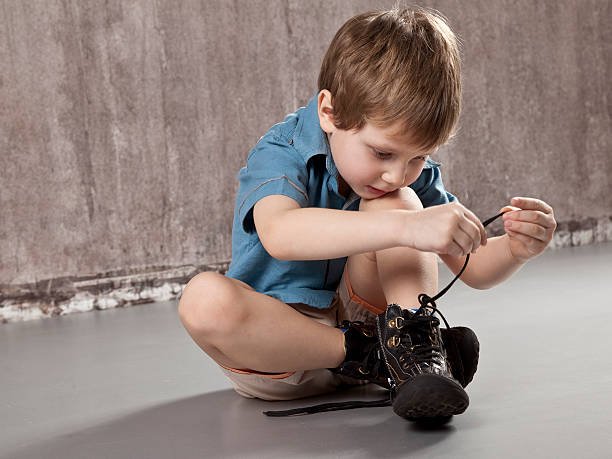The Connection Between Developing Age-Appropriate Fine Motor Skills and Participating in Activities of Daily Living
Fine motor skills involve coordinating the small muscles within the wrists, hands and fingers to perform tasks with precision and dexterity. These skills allow children to perform every day Activities of Daily Living (ADLs) including manipulating a toothbrush, zipping a jacket, tying shoes, gripping and controlling a pencil, using a fork and knife, and many other integral activities of your child's daily routine. ADLs are daily activities/tasks required for participating or living in an environment like home, school, or within the community. Performance in ADLs is dependent on your child’s age and developmental stage; occupational therapists place a heavy emphasis on fine motor skill development as fine motor milestones are the basis for everything our hands can do. Consider your daily routines, relatively every functional task we do involves some aspect of fine motor skills from buckling your seatbelt to sending emails - fine motor activities are an integral part of everyday life.
Important areas of fine motor development include: bilateral coordination or using both hands to complete a coordinated task; pinch and grip strength; separation of the two sides of the hand to enable power versus precision tool use; development of stable arches to promote the flattening and cupping motion of the hands; precise in hand manipulation enabling one hand to manipulate an object; finger isolation; and developing thumb web space to allow thumb/finger opposition and optimal manipulation of objects. Fine motor skill development plays a crucial role in refining the complex movements of our fingers and hands to allow optimal engagement in meaningful and necessary daily tasks. For children, fine motor skills are one of their primary means for interacting with and experiencing the world around them. The ability to manipulate objects with their hands and fingers sparks exploration and learning which will be the foundation for more complex skills developed later.
When we experience difficulty with tasks, we are more prone to avoid completing them in the future - children are no different. Children experiencing fine motor delays may avoid motor-based activities or struggle to perform tasks independently leading to frustration, decreased self-esteem, and impaired participation further widening the gap between them and similar-aged peers. Developing age-appropriate fine motor skills enable children to complete everyday self-care tasks, feeding, dressing, and other everyday tasks independently; the ability to perform ADLs without assistance helps to foster a sense of accomplishment and boost self-confidence. As your child is growing, it is important to encourage them to try completing as many ADL tasks as independently as possible to enhance skills learned and developed through childhood and adolescence. The best place to start is by continually practicing these tasks daily to develop the necessary fine motor skills required while children are learning, growing, and interacting with the world around them.
If you are concerned about your child’s fine motor skill development, schedule an occupational therapy evaluation at Aurora Pediatric Therapy and Integrative Health (APTIH) today by calling 331.249.6626 or scheduling online at www.aurorapediatric.care!



